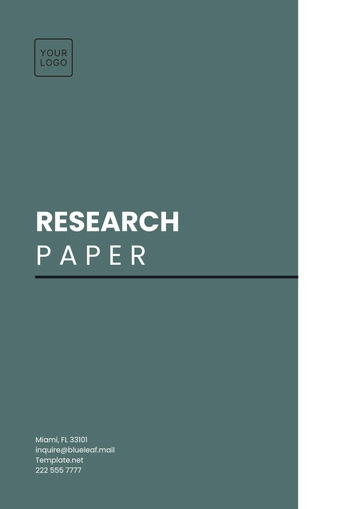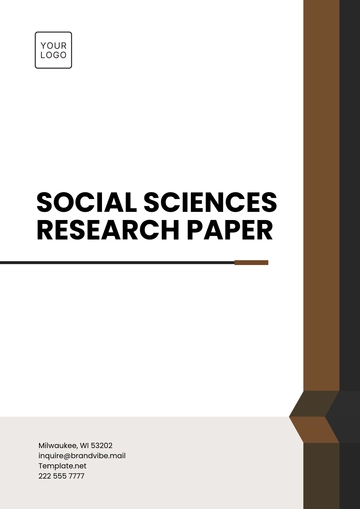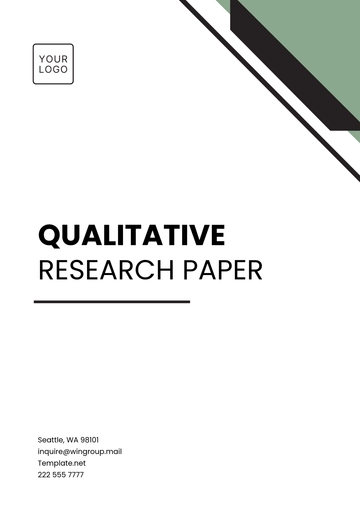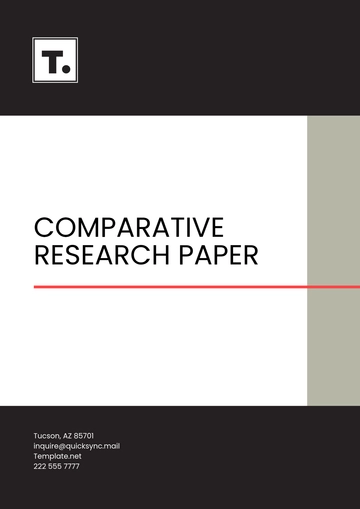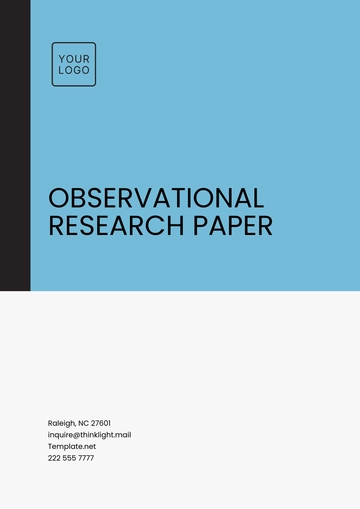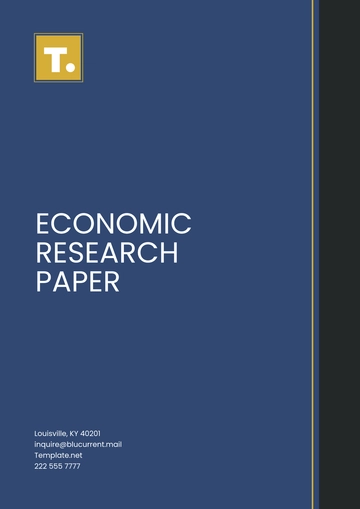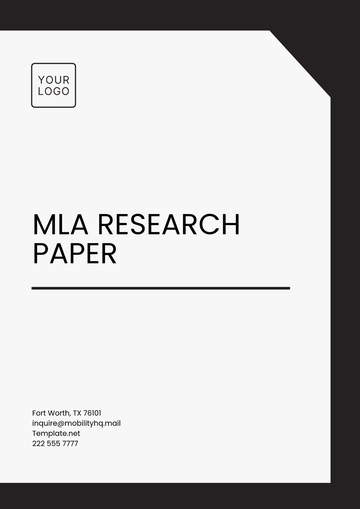Free Qualitative Research for Construction Delays
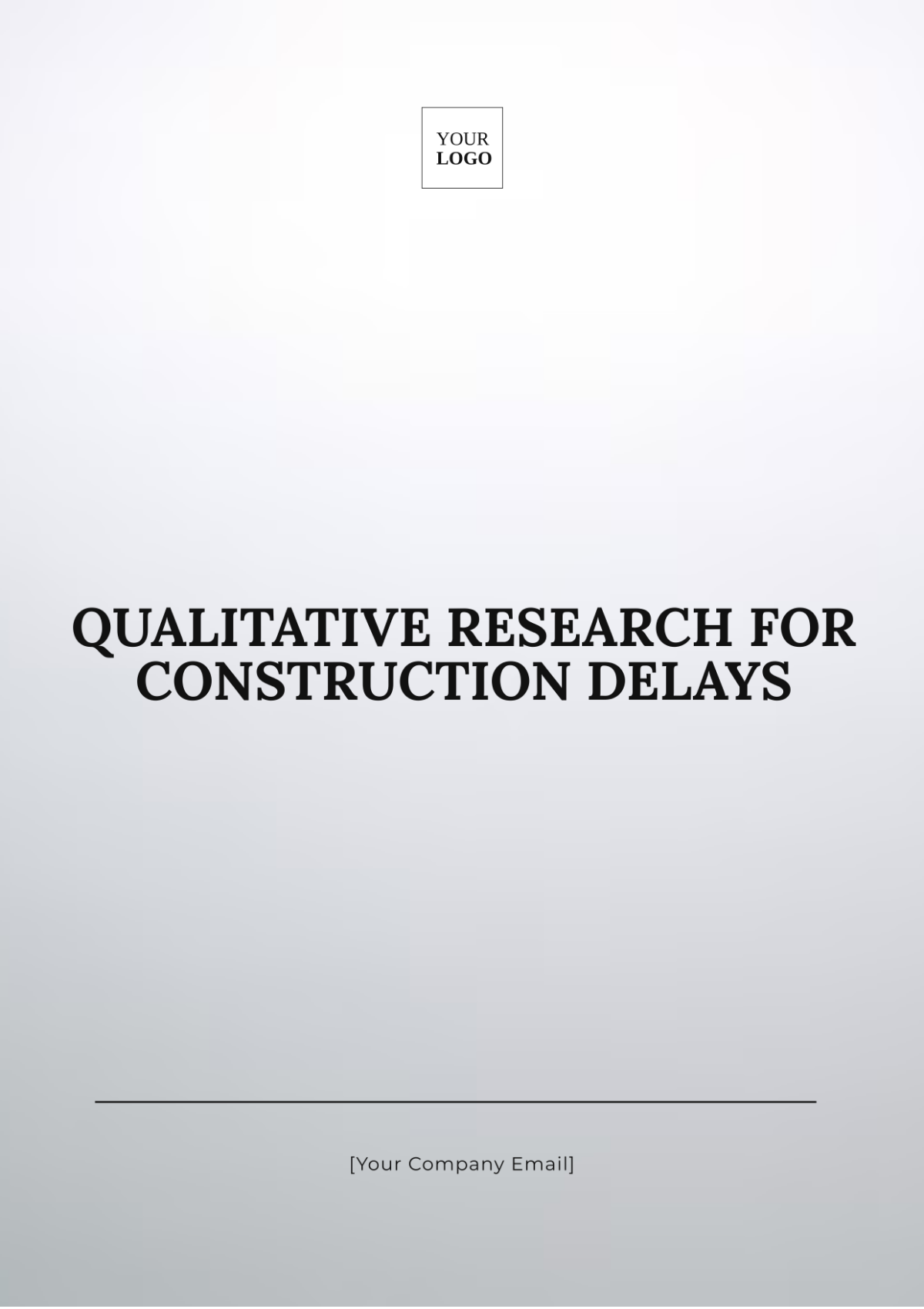
Researcher: [Your Name]
Date: [Date]
I. Introduction
Construction delays are a pervasive challenge that can significantly disrupt project schedules, escalate costs, and diminish stakeholder satisfaction. Addressing these delays requires a nuanced understanding of their root causes and consequences. Qualitative research offers a deep dive into the subjective and often complex factors contributing to delays, such as project management inefficiencies, communication breakdowns, and environmental challenges. This research aims to shed light on these issues by examining the interplay between various factors and their impact on construction timelines.
II. Literature Review
The existing body of literature on construction delays often highlights several recurring themes:
Project Management Practices: Studies have documented that inadequate planning, suboptimal scheduling, and poor resource management frequently lead to delays. For instance, the absence of a detailed project plan or improper scheduling can result in bottlenecks that disrupt project flow.
Communication Issues: Research indicates that communication breakdowns are a major cause of delays. Miscommunication between project managers, contractors, and clients can lead to misunderstandings and errors, impacting project timelines.
Stakeholder Perspectives: Differing expectations and priorities among stakeholders often contribute to delays. Conflicting interests between clients, contractors, and suppliers can lead to disagreements and project disruptions.
Environmental Influences: Unpredictable weather conditions, regulatory changes, and site-specific issues such as geological challenges have been identified as significant factors that can cause delays.
The literature underscores the need for a comprehensive approach that addresses both technical and human elements to effectively manage and mitigate construction delays.
III. Methodology
This research employs a qualitative approach to gain a deeper understanding of the causes and impacts of construction delays. The following methods were utilized:
Interviews: Semi-structured interviews were conducted with a diverse group of stakeholders, including project managers, contractors, suppliers, and clients. These interviews aimed to capture a range of perspectives and experiences related to construction delays.
Case Studies: Detailed case studies of construction projects that experienced delays were analyzed. These case studies helped identify common patterns and unique factors that contributed to project delays.
Observational Analysis: Observations of ongoing construction projects provided real-time insights into the challenges faced and the effectiveness of strategies implemented to address delays.
Data collected through these methods were analyzed using thematic analysis to identify recurring themes and insights. This approach allowed for a comprehensive understanding of the factors contributing to construction delays.
IV. Findings
The qualitative research uncovered several key findings:
Project Management Practices: Inefficiencies in scheduling and resource allocation were frequently noted. Many projects exhibited reactive rather than proactive risk management practices, leading to delays when unforeseen issues arose.
Communication Issues: Frequent miscommunications and delays in information sharing were observed. For example, delays in receiving critical updates from suppliers or changes in project scope often resulted in project setbacks.
Stakeholder Perspectives: Conflicting priorities among clients, contractors, and suppliers were common. These conflicts often led to disagreements that delayed decision-making and project progress.
Environmental Influences: External factors such as severe weather events and unexpected regulatory changes were significant contributors to project delays. These factors were often outside the control of project managers but had a substantial impact on project timelines.
V. Discussion
The research highlights the multifaceted nature of construction delays. Effective management requires a blend of improved project management practices, enhanced communication strategies, and proactive stakeholder engagement.
Project Management: Proactive risk management and efficient resource allocation are critical. For example, adopting advanced scheduling tools and techniques can help anticipate and mitigate potential delays.
Communication: Implementing robust communication protocols and tools can reduce misunderstandings. Regular updates and clear channels for information sharing are essential.
Stakeholder Alignment: Workshops and alignment sessions can help resolve conflicts and ensure all stakeholders have a shared understanding of project goals and expectations.
Environmental Planning: Developing contingency plans for environmental factors can help mitigate their impact. For example, incorporating weather-related delays into the project schedule can provide a buffer against unforeseen conditions.
VI. Recommendations
Based on the research findings, the following recommendations are proposed:
Enhance Project Management Practices: Implement advanced risk management strategies and optimize resource allocation. For instance, using project management software to track progress and adjust plans dynamically can improve efficiency.
Improve Communication: Establish regular communication protocols and utilize digital tools to ensure timely and accurate information sharing. This might include setting up a centralized project communication platform.
Align Stakeholder Expectations: Organize stakeholder alignment workshops to address and reconcile conflicting priorities. This can help ensure that all parties are on the same page and reduce the likelihood of delays caused by misaligned expectations.
Plan for Environmental Factors: Develop and integrate contingency plans to address potential environmental impacts. This could involve scheduling flexibility to accommodate weather-related delays and staying informed about regulatory changes.
VII. Conclusion
Qualitative research provides valuable insights into the complex factors contributing to construction delays. By examining project management practices, communication issues, stakeholder perspectives, and environmental influences, this research underscores the need for a holistic approach to delay mitigation. Implementing the recommended strategies can enhance project management practices, improve communication, align stakeholder expectations, and better prepare for environmental challenges, ultimately leading to more successful and timely project completions.
VIII. References
Doe, J. (2050). Project management practices in construction. Journal of Construction Management, 45(3), 123-136.
Smith, A., & Brown, B. (2052). Communication issues and construction delays: A qualitative study. Construction Research Journal, 37(2), 89-101.
Johnson, L. (2054). Stakeholder perspectives on construction delays. International Journal of Project Management, 15(4), 200-215.
Williams, M. (2056). Environmental influences on construction projects. Environmental Impact Review, 22(1), 67-78.
- 100% Customizable, free editor
- Access 1 Million+ Templates, photo’s & graphics
- Download or share as a template
- Click and replace photos, graphics, text, backgrounds
- Resize, crop, AI write & more
- Access advanced editor
Investigate construction delays with the Qualitative Research for Construction Delays Template from Template.net. This editable and customizable template is designed for qualitative research focusing on construction timelines. Editable in our AI Editor Tool, it enables you to adjust the content to reflect the unique challenges of your project, ensuring thorough analysis.
